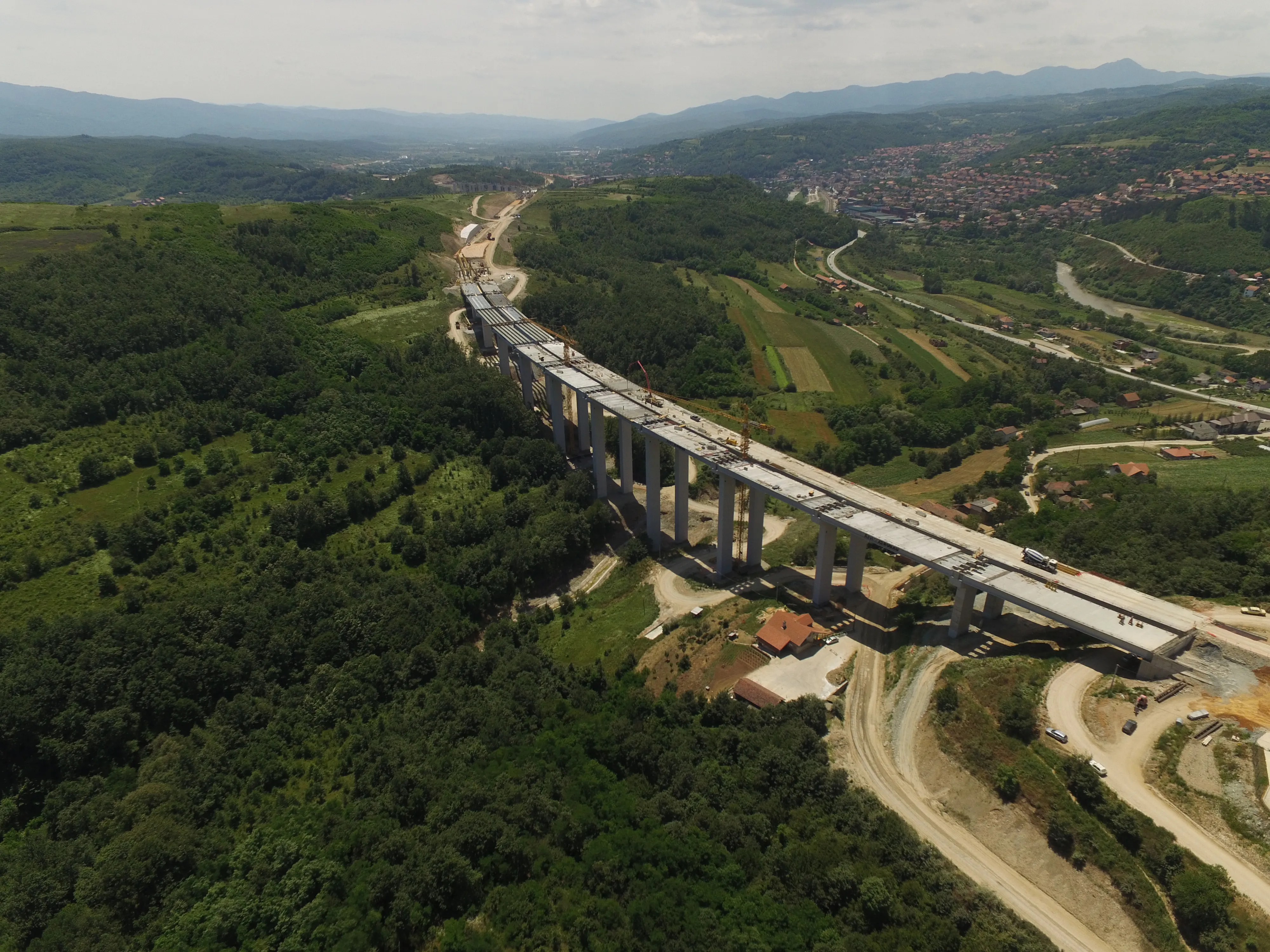The French government has inked an agreement with infrastructure groups Vinci, APRR and Sanef for a major €800 million motorway investment plan.
The agreement encompasses 32 upgrading projects for highway interchanges and 25 construction projects to provide motorway service stops devoted to car-pooling.
Minister of State for Transport Alain Vidalies, who signed the agreement, said the first projects could start by the end of this year. Work will be paid for partly from toll increases between 0.1-0.4%
February 2, 2017
Read time: 1 min
The French government has inked an agreement with infrastructure groups 5177 Vinci, 6532 APRR and 4757 Sanef for a major €800 million motorway investment plan.
The agreement encompasses 32 upgrading projects for highway interchanges and 25 construction projects to provide motorway service stops devoted to car-pooling.
Minister of State for Transport Alain Vidalies, who signed the agreement, said the first projects could start by the end of this year. Work will be paid for partly from toll increases between 0.1-0.4% from 2019-21, according to a report by the newspaper Les Echos.
APRR, a subsidiary of Eiffage, manages around 2,300km of motorways and toll structures under concessions awarded by the French government.
The agreement encompasses 32 upgrading projects for highway interchanges and 25 construction projects to provide motorway service stops devoted to car-pooling.
Minister of State for Transport Alain Vidalies, who signed the agreement, said the first projects could start by the end of this year. Work will be paid for partly from toll increases between 0.1-0.4% from 2019-21, according to a report by the newspaper Les Echos.
APRR, a subsidiary of Eiffage, manages around 2,300km of motorways and toll structures under concessions awarded by the French government.







